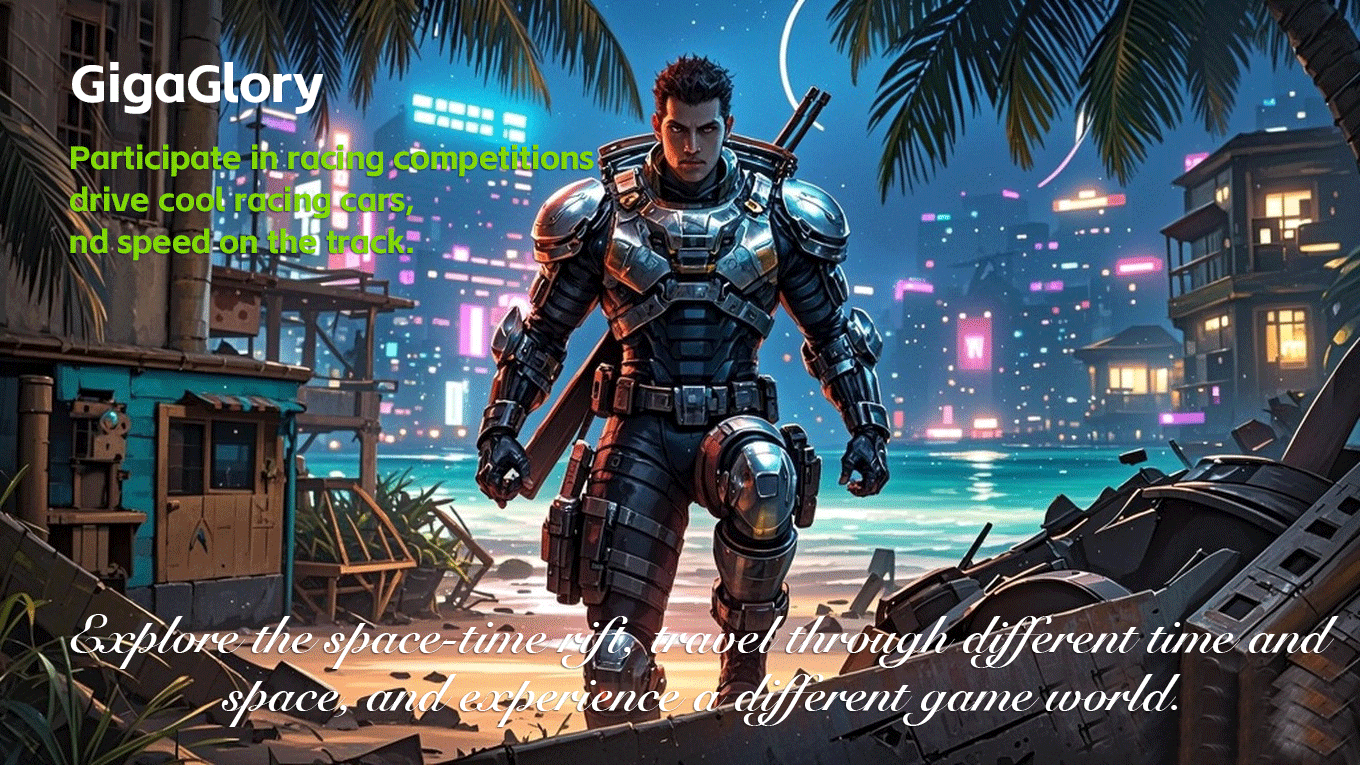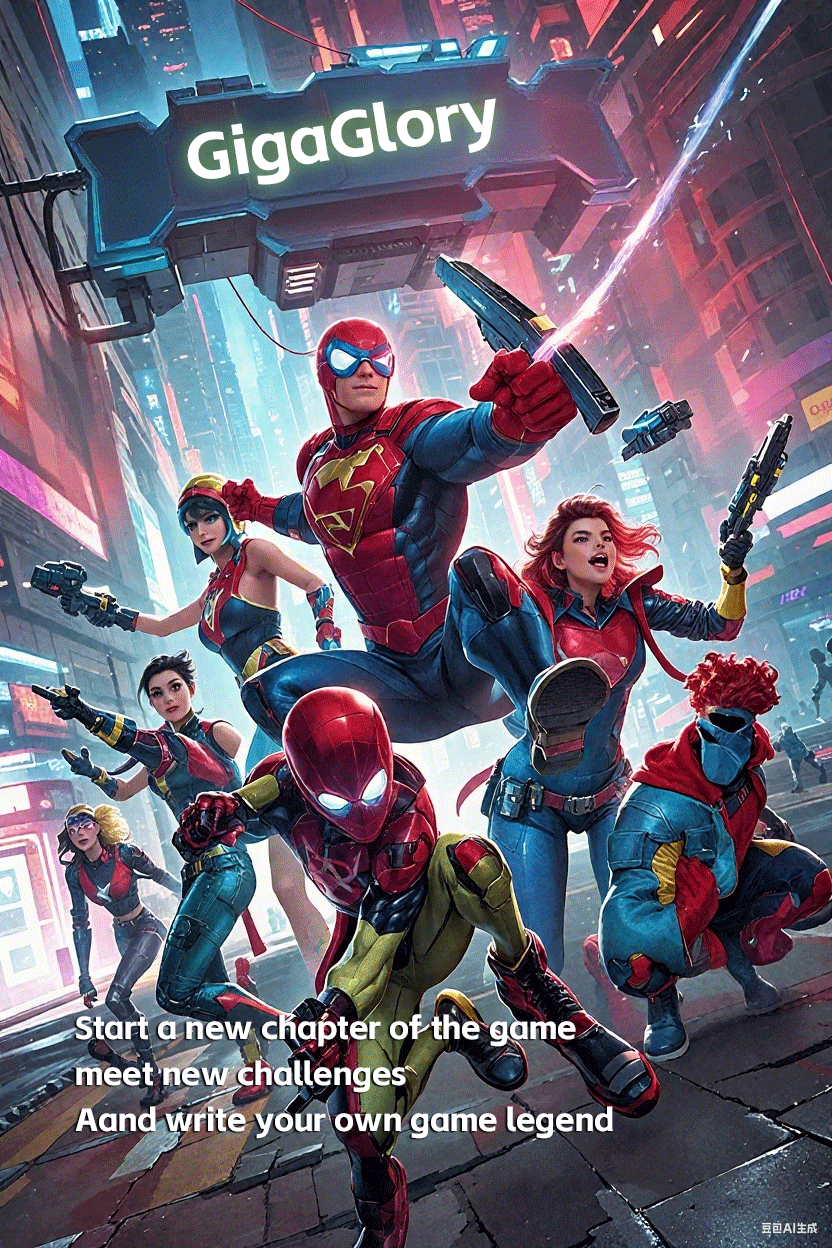Unlocking Imagination: How RPG Games Inspire Creative Gameplay Experiences
The Essence of RPG Games
Role-playing games (RPGs) are not just mere entertainment; they're gateways to uncharted worlds. These immersive experiences encourage players to assume various identities and make choices that influence the narrative. This freedom fosters creativity, leading enthusiasts to explore beyond the box.
Why Creativity in Gaming Matters
In a world increasingly dependent on digital solutions, creativity has never been more essential. RPG games allow individuals to express their thoughts and ideas through gameplay. Players craft stories, develop characters, and design entire worlds, which can lead to real-world applications of creative thinking.
Enhancing Imagination Through Storytelling
The heart of RPG games lies in storytelling. Players don't just follow a scripted narrative; they become part of it. With each decision made, a unique story unfolds. This autonomy can invoke powerful emotions, pushing players to think outside traditional narratives.
Creative Gameplay Experiences
Creative gameplay experiences are what sets RPG games apart. Players engage in complex problem-solving and critical thinking, strategizing to overcome challenges. The freedom to mold their journey fuels a creative mindset.
Insights from Popular RPG Titles
- The Witcher 3: Wild Hunt - Players navigate a vast world with impactful choices.
- Final Fantasy Series - Combines rich storytelling with strategic combat to enhance creativity.
- Elder Scrolls V: Skyrim - Offers near-limitless exploration and character customization.
The Role of Community in RPG Gaming
Communities around RPG games foster collaboration and collective creativity. Many players join forums, participate in fan fiction, and share their game modifications, broadening the imaginative landscape built around RPGs.
Case Study: EA Sports FC 24 on PlayStation 5
While not a traditional RPG, EA Sports FC 24 on PlayStation 5 exemplifies creativity in sports gaming. Players can construct their own clubs, manage teams, and develop strategies. This blend of creativity within a competitive framework showcases the versatility of gameplay experiences.
How RPG Games Inspire Creativity in Real Life
The skills developed while playing RPG games often transfer to real life. Participants learn to adapt, collaborate, and think critically, which can benefit professional and personal development. Here are a few key points to consider:
- Enhanced problem-solving abilities
- Improved storytelling and communication skills
- Stronger teamwork and collaboration
- Heightened emotional intelligence
Potato Head Games: A Gateway to Creativity
Incorporating fun and innovation, games like Potato Head Games Free provide simple yet effective platforms for creative expression. They can serve as introductory experiences for those looking to dive into more elaborate RPG worlds.
The Impact of Game Design on Creativity
Game design is crucial in shaping how players express their creativity. RPGs with open-world mechanics allow for unparalleled freedom, encouraging users to manipulate their surroundings and narratives as they see fit. Designers often emphasize user-generated content to foster creative communities.
Building Narrative-Driven Experiences
Narrative-driven experiences are quintessential to RPG design. By providing players with rich lore and memorable characters, developers can cultivate immersive experiences that spur creative thought. This bond between gameplay and storytelling enhances player investment.
Mastering Character Development
Character development stands as one of the most thrilling aspects of RPGs. Players become emotionally attached to their characters and often invest time crafting a backstory or progression that enhances their gaming experience. This role-playing element is not just a pastime; it's a creative outlet.
Collaborative RPGs and Their Role in Creativity
Collaborative RPGs, such as those found in tabletop games, exemplify how shared storytelling can generate unique ideas. Players co-create narratives, incorporating each person’s perspective and imaginative elements, resulting in richer stories.
Exploring the Educational Value of RPGs
RPG games are increasingly recognized for their potential educational benefits. Many institutions use RPG frameworks to teach subjects like history, mathematics, and literature, leveraging storytelling and creativity to engage students.
Future Trends in RPG Game Development
What lies ahead for RPGs? Innovations in technology, especially in virtual and augmented reality, promise to augment creative gameplay experiences. As developers explore these new realms, we could see simulations that truly blur the lines between reality and imagination.
Conclusion: The Unlocked Potential of RPGs
RPG games are more than diversions; they're sensational catalysts for creativity. Through storytelling, community, and character development, these games foster an environment where imagination reigns supreme. The creative skills cultivated while gaming have far-reaching implications, influencing personal and professional realms alike. The journey through RPGs is infinite, and every player holds the key to unlock their imagination.
| Key Aspects of RPGs | Impact on Creativity |
|---|---|
| Storytelling | Enhances narrative construction abilities |
| Character Development | Strengthens empathy and personal connection |
| Community Engagement | Encourages collaboration and idea sharing |
| Game Design | Enables imaginative exploration of worlds |



